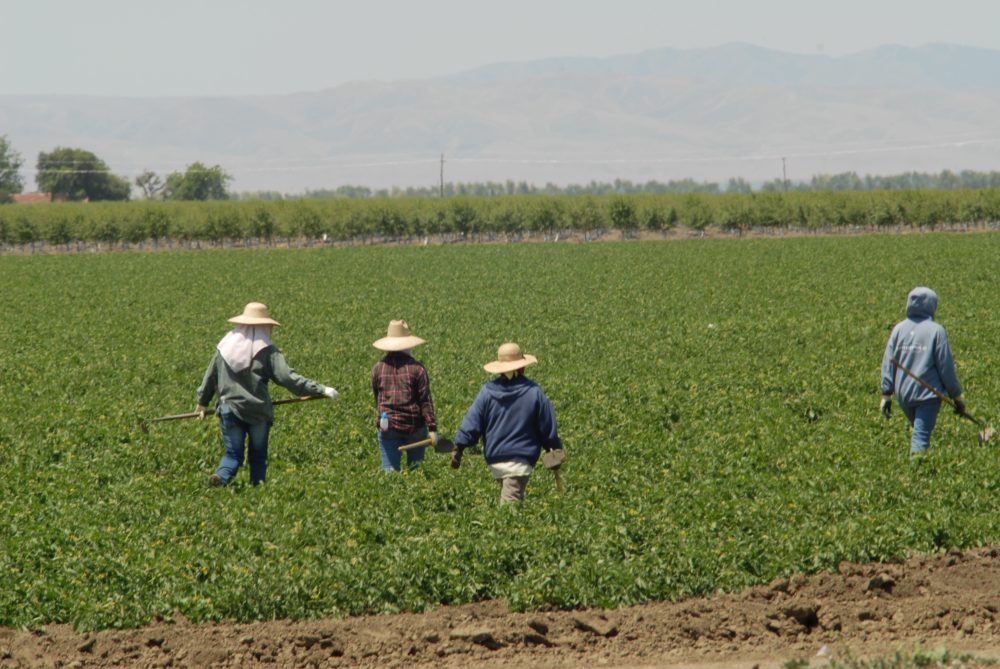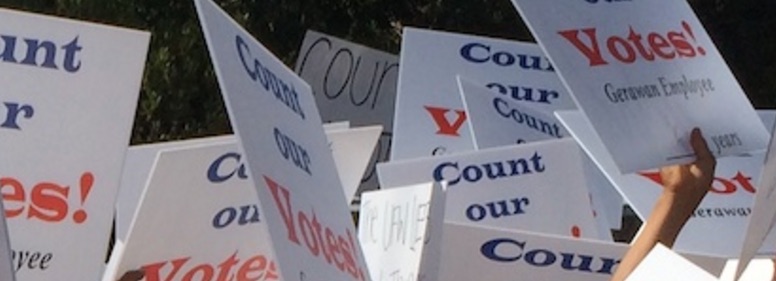Dealing With Social Security Number Mismatch
Farm Field Employees Often Get Notices of Social Security Mismatch
By Anthony P. Raimondo
Much has been made in the media of late regarding the Social Security Administration’s (SSA) push to address wages reported under names and Social Security Numbers that do not match the numbers in the SSA’s database.
These notices used to be quite common but were suspended by the Obama administration in 2012. In the last few years, these notices have begun to go out, and a recent increase in the notices has caught the attention of media and politicians. Employers must understand their legal obligations when they receive such a notice, and media commentators and politicians are poor sources.
What is new is that the notices no longer provide a list of employees with mismatches. Instead, employers must log on to a web site to get the names of the mismatched employees. Employers should follow the instructions carefully. Employers are not required to sign up for the Social Security Verification system in order to get the information, and should only enroll in that program if they wish to verify all employee Social Security Numbers.
The first thing to understand is that a mismatch notice is not an immigration problem. The SSA does not enforce immigration law, and is prohibited from sharing mismatch information with ICE. There are many reasons a mismatch may occur, and an immigration issue is only one of them. Never presume that an employee is undocumented, and never fire a worker simply because you receive a mismatch notice. Primarily, the notice is a payroll tax issue, as IRS regulations require employers to use reasonable diligence to obtain the correct wage reporting information from employees.
The initial step for an employer who receives a mismatch notice is to check whether there was a clerical or other error on the part of the employer that triggered the mismatch. If so, the error should be corrected, with the proper forms filed with the IRS. If there is no error, the employer should next check the employee’s I-9.
If the employee used the questionable Social Security card as a List C document to show employment authorization, then the employer must reverify the employee’s authorization to work in the United States in Section 3 of the I-9. The employee should be given 3 business days to present another List C document (such as a certified birth certificate) or a List A document (such as a US Passport or Permanent Resident Alien card). If the employee did not present a Social Security card to demonstrate his or her authorization to work, then there is no immigration issue, only a payroll tax issue.
In order to resolve the payroll tax issue, the employer must notify the employee in writing that the notice was received. The employee should be directed to resolve the issue and report the correction to the employer. The letters ask for correction within 60 days, but this is not a firm legal deadline. Generally, employers set a deadline of somewhere between 60 and 120 days to give the employee time to solve the problem. The employee should also be given a blank W-4. Some do not give a deadline and simply send a W-4 annually, although this author does not recommend that approach.
In these politically volatile times, it is important for employers to cut through the noise and understand their actual legal obligations. This way, we can avoid needless employee anxiety, needless employer stress, and we can promote smooth running operations where all involved prosper.
The goal of this article is to provide employers with current labor and employment law information. The contents should not be interpreted or construed as legal advice or opinion. For individual responses to questions or concerns regarding any given situation, the reader should consult with Anthony Raimondo at Raimondo & Associates in Fresno, at (559)432-3000.




















